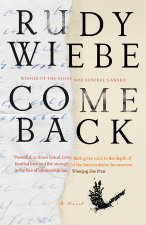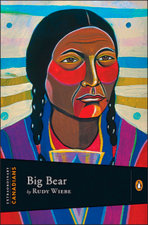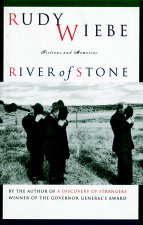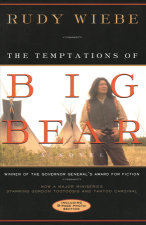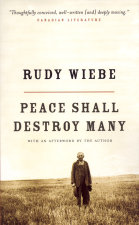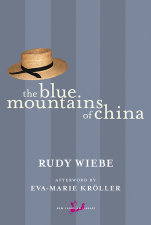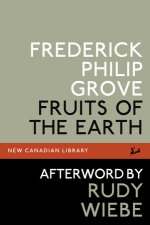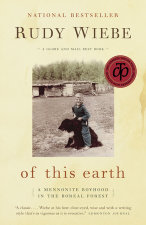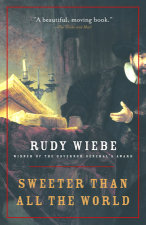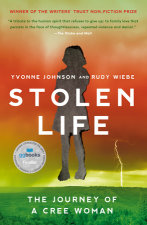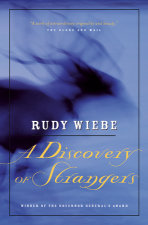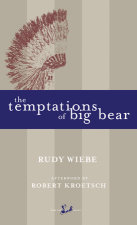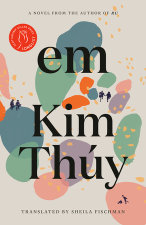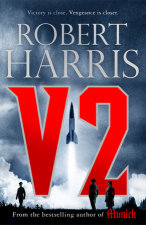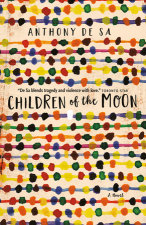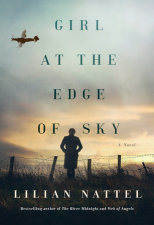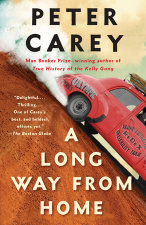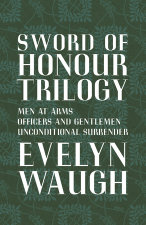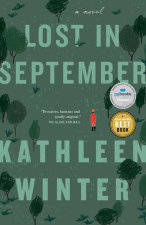Peace Shall Destroy Many
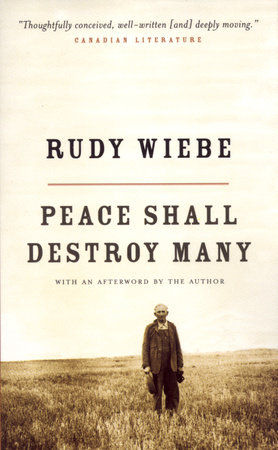
In 1944, as war rages across Europe and Asia, famine, violence and fear are commonplace. But life appears tranquil in the isolated farming settlement of Wapiti in northern Saskatchewan, where the Mennonite community continues the agricultural lifestyle their ancestors have practised for centuries. Their Christian values of peace and love lead them to oppose war and military service, so they are hardly affected by the war – except for the fact that they are reaping the rewards of selling their increasingly valuable crops and livestock.
Thom Wiens, a young farmer and earnest Christian, begins to ask questions. How can they claim to oppose the war when their livestock become meat to sustain soldiers? How can they enjoy this free country but…
$14.99
October 15, 2010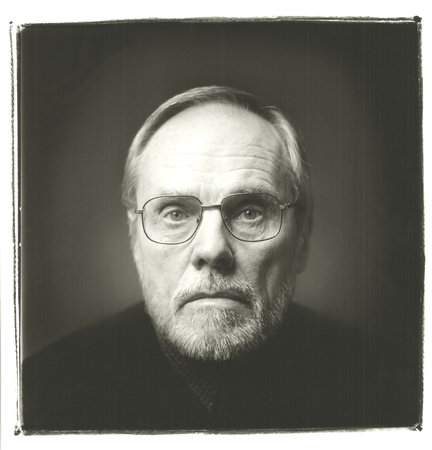
Rudy Wiebe was born on October 4, 1934, in an isolated farm community of about 250 people in a rugged but lovely region near Fairholme, Saskatchewan. His parents had escaped Soviet Russia with five children in 1930, part of the last generation of homesteaders to settle the Canadian West, and part of a Mennonite history of displacement and emigration through Europe and Asia to North and South America since the seventeenth century. In 1947 his family gave up their bush farm and moved to Coaldale, Alberta, a town east of Lethbridge peopled largely by Ukrainians, Mennonites, Mormons, and Central Europeans, as well as Japanese, who ended up there during WW II.
Rudy Wiebe read as much as possible from an early…
